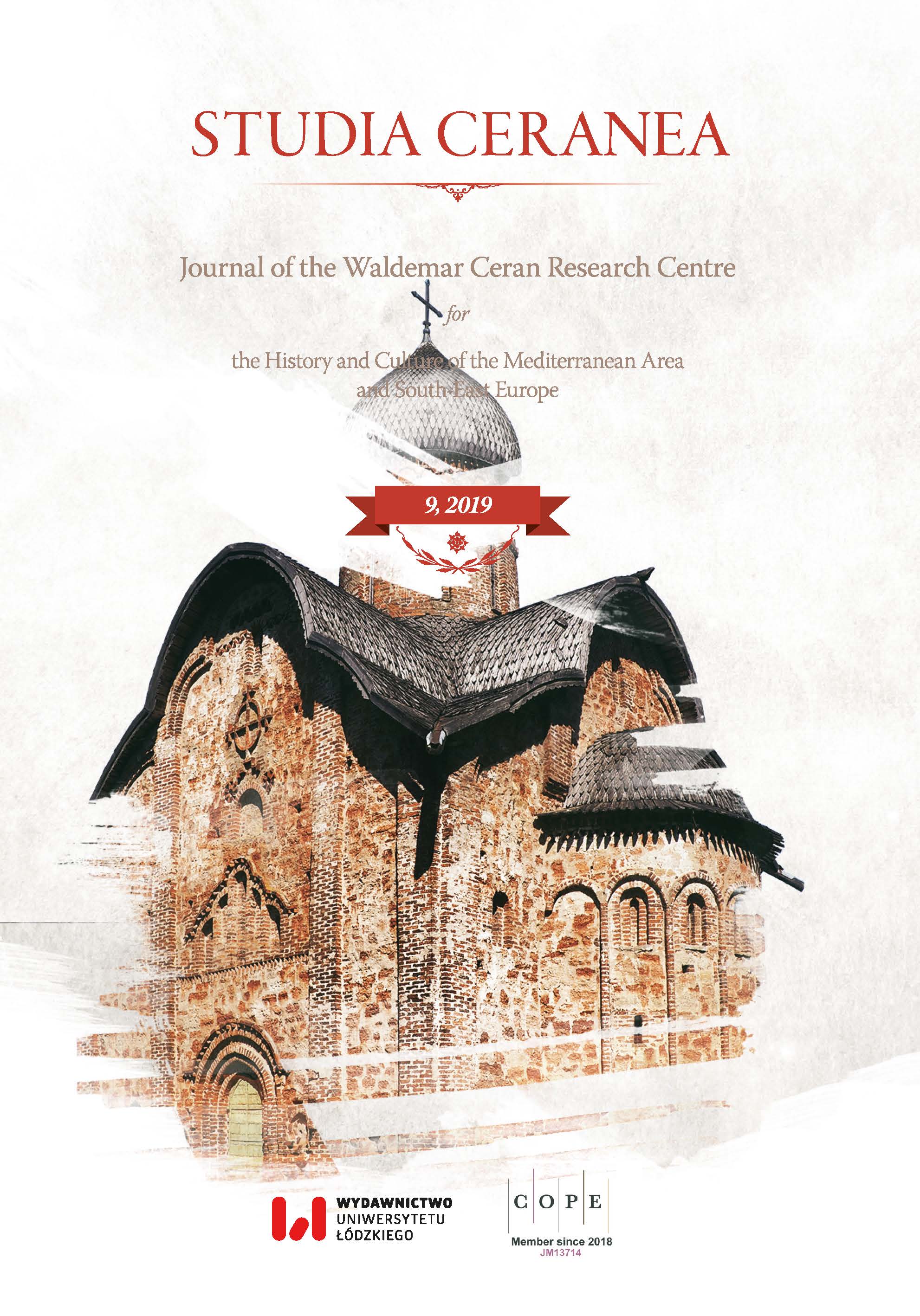On the Origins of Komitats in the First Bulgarian Empire
On the Origins of Komitats in the First Bulgarian Empire
Author(s): Nikolay HrissimovSubject(s): Diplomatic history, Political history, 6th to 12th Centuries
Published by: Wydawnictwo Uniwersytetu Łódzkiego
Keywords: First Bulgarian Empire; Byzantium; Frankish state; komitats; marks; administrative units; comes; komit
Summary/Abstract: The article gives a critical review of previous views on the origin of komitats as administrative units in the Early Medieval Bulgarian State. Among the Bulgarian researchers, the opinion of their Byzantine origin prevailed, while the only Western researcher dealing with the problem, T. Wasilewski, advocated the thesis of their relationship with Western Europe, suggesting some of the conclusions of I. Venedikov. It is concluded that at the beginning of the 9th century, when Bulgaria expanded its territory almost doubled, its population is multiethnic and already has direct neighbors in the face of Byzantium and the Frankish state needed a new administrative division. The administrative division of the two countries is decided in two fundamentally different ways. In search of ways to solve the problem, the Byzantine themae system and the marks of the Frankish state are presented. Between komitats and the themae system the similarities are only formal, whereas the comparison with the marks proved to be much more efficient. In this case, similarities are found with regard to their location, their way of setting up, the powers and the way of appointing their governors, as well as the names and powers of the governors. The presence of komitats on the northern and western borders of the Early Medieval Bulgarian state was established, but not in the direction of Constantinople. These parts are directly subordinate to the central government, and this division of ‘inside’ and ‘out’ is characteristic of both early-medieval Bulgaria and the Frankish state of that period. It is pointed out the possibility that the Boritarkans are an intermediary between the central authority and the komitats, and on the basis of the source data the possibility is presented that they are directly subordinated to the komiti.
- Issue Year: 2019
- Issue No: 9
- Page Range: 429-453
- Page Count: 25
- Language: English

